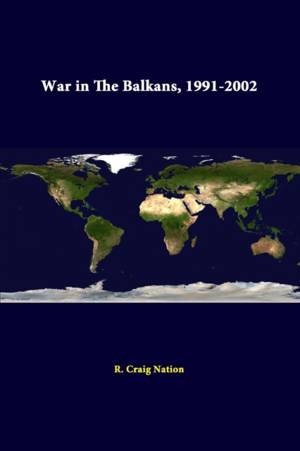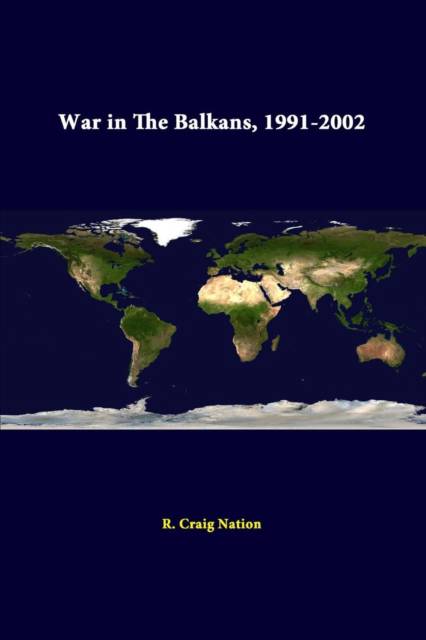
- Afhalen na 1 uur in een winkel met voorraad
- Gratis thuislevering in België vanaf € 30
- Ruim aanbod met 7 miljoen producten
- Afhalen na 1 uur in een winkel met voorraad
- Gratis thuislevering in België vanaf € 30
- Ruim aanbod met 7 miljoen producten
Zoeken
€ 40,45
+ 80 punten
Uitvoering
Omschrijving
Armed conflict on the territory of the former Yugoslavia between 1991 and 2001 claimed over 200,000 lives, gave rise to atrocities unseen in Europe since the Second World War, and left behind a terrible legacy of physical ruin and psychological devastation. Unfolding against the background of the end of cold war bipolarity, the new Balkan wars sounded a discordant counterpoint to efforts to construct a more harmonious European order, were a major embarrassment for the international institutions deemed responsible for conflict management, and became a preoccupation for the powers concerned with restoring regional stability. After more than a decade of intermittent hostilities the conflict has been contained, but only as a result of significant external interventions and the establishment of a series of de facto international protectorates, patrolled by UN, NATO, and EU sponsored peacekeepers with open-ended mandates.
Specificaties
Betrokkenen
- Auteur(s):
- Uitgeverij:
Inhoud
- Aantal bladzijden:
- 406
- Taal:
- Engels
Eigenschappen
- Productcode (EAN):
- 9781312339750
- Verschijningsdatum:
- 8/07/2014
- Uitvoering:
- Paperback
- Formaat:
- Trade paperback (VS)
- Afmetingen:
- 152 mm x 229 mm
- Gewicht:
- 594 g

Alleen bij Standaard Boekhandel
+ 80 punten op je klantenkaart van Standaard Boekhandel
Beoordelingen
We publiceren alleen reviews die voldoen aan de voorwaarden voor reviews. Bekijk onze voorwaarden voor reviews.











